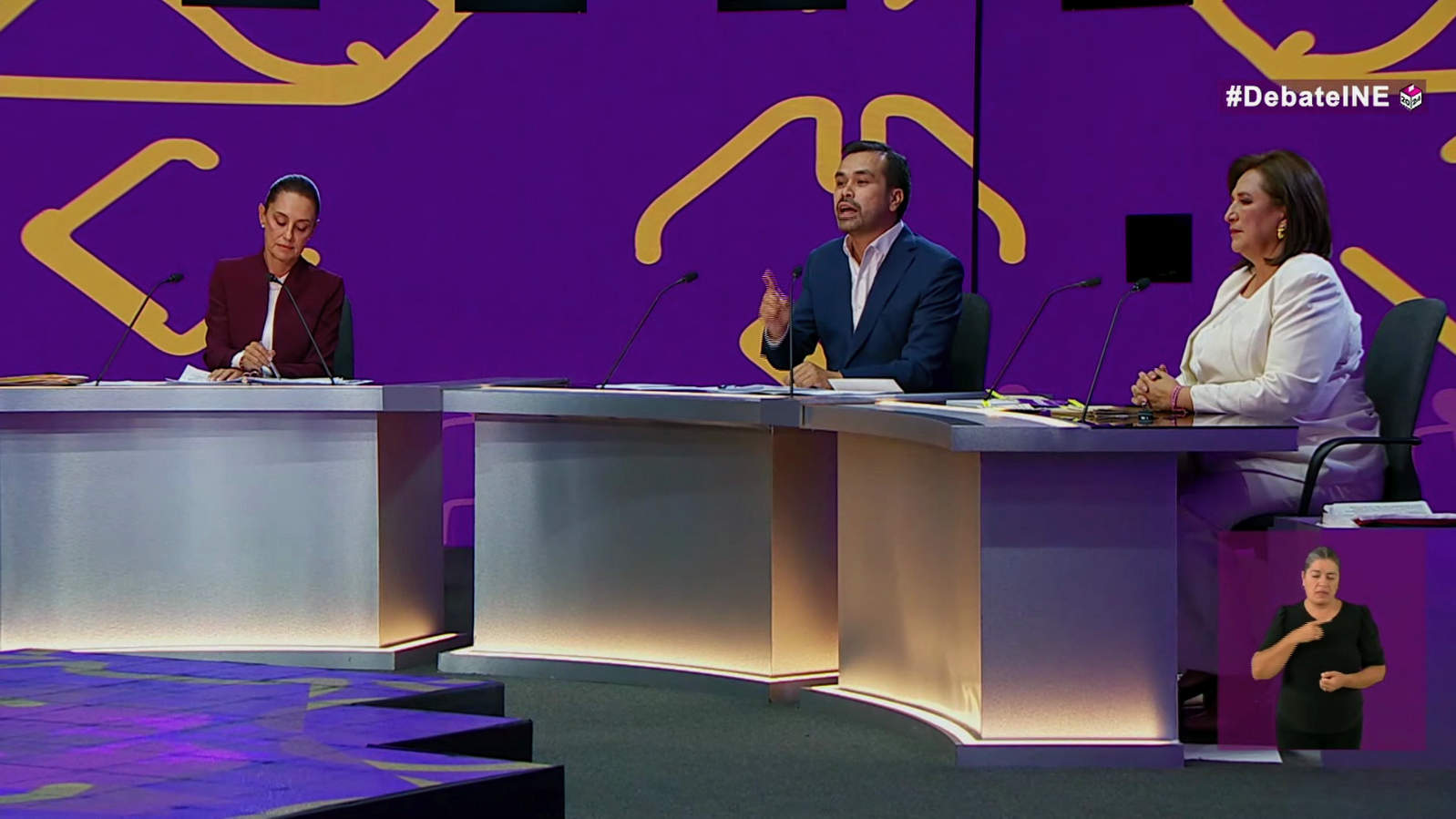in a conference he recently gave to businessmen, Enrique Krauze, the renowned Mexican historian, writer, and essayist, noted with concern that Claudia Sheinbaum, the presidential candidate of the leftist coalition Juntos Hacemos Historia, “has not uprooted even a millimeter from President López Obrador”. The same was emphasized on another occasion by writer Jorge Volpi, who explained that, if it were to happen, it would show Claudia’s independence and the difference between the two political characters, one coming from the left and the other from the PRI.
However, Krauze fails: there is a motive of form and a motive of substance in this symbiosis between the Mexican president and the candidate of the workers’ movement. The one of form is explained because it is part of an electoral strategy that seeks to have the different currents that constitute the Morena party cohesive and to transmit to its bases that Sheinbaum is the president himself. And the underlying reason implies that the project of regime change will continue if this candidate wins by a wide margin. The first reason may be understandable having a president who has a 60 percent approval rating — even though his public policies are not and are frequently disapproved — that is maintained by a discredited opposition, but at least in federal elections remains a parliamentary counterweight for the defense of the Constitution and the institutions of democracy.
Although most of the opinion polls give an advantage to the ruling party’s candidate, nothing seems to indicate that in the concurrent elections of June 2, the results will allow the ruling party’s coalition a qualified majority — more than 66 percent of the votes cast for the Congress of the Union — to continue with the so-called Plan C of Obrador, whose main objective is to capture the Supreme Court of Justice and the disappearance of the autonomous bodies, which are the pillars of Mexican democracy.
And the fact is that, according to the midterm elections of 2021 and the most historically accurate polls, the opposition could spoil the accounts that are made in the National Palace and that would lead, in case Claudia Sheinbaum wins the presidency, to the formation of a government without the qualified majority to carry out the reforms that President López Obrador has tried unsuccessfully and with annoyance.
This is what is shaping up, Claudia Sheinbaum is not going one millimeter out of the script that has been imposed on her by the National Palace and the most radical allies, as we saw in the previous phase and in the second presidential debate itself. In this new exchange, she came out to defend the government works of her political tutor, something she did not do in the first one and which earned her a call for attention through capsules published in the pro-worker newspaper La Jornada and led her to launch an intense advertising campaign where the official candidate defends López Obrador with all her might.
In our opinion, this action is a strategic mistake because it will be a message addressed mainly to the loyal, immovable, pro-worker voter, but not to the undecided citizens and that pragmatic, switcher, urbanized voter, which is around 30 percent of the nominal voter list and who, for the most part, is determined to go out to vote, being able, in case of doing so, to mean the difference between the two great electoral coalitions. And, by the way, this discursive vacuum is surely being used by Xóchilt Gálvez, the opposition candidate, to try to win over this electorate.
However, in the hypothetical case that she saves the risk of presidential defeat, but her government does not reach the qualified majority in both legislative chambers, the good news for Sheinbaum is that she could not only increase her margin of maneuver and independence but also her capacity to negotiate with the opposition to guarantee the stability of the country and not go down in history as the president who could shake off the tutelage of a former president and did not do so.
In short, and being the words of Krauze and Volpi the expression of concern of an anti-Obrador segment of the Mexican intelligentsia, the good news is that the best forecasts of the ruling party are not enough to obtain the dreamed qualified majority in the Congress of the Union to continue the autocratic regime change that goes through constitutional reforms and the destruction of the institutions of Mexican democracy.
*Translated by Janaína Ruviaro da Silva from the original in Spanish.











